MARIWASA, which was founded in March 1966, is considered a pioneer in the ceramic tiles industry in the Philippines. This company updates the price list of its products every few days.
mariwasa ceramic tiles thickness
Emerson and Edison Co Seteng, who are brothers, had the idea for the business and wanted to make ceramic objects that were beautiful and long-lasting enough to match worldwide standards. This led to the formation of the company. This idea was to be made a reality by making use of the skills, discipline, and inventiveness of the Filipino craftsman. During the process of building its production plant along Ortigas Avenue, MARIWASA received assistance in the form of technical assistance from prominent Italian enterprises. Following a string of expansions carried out over the course of many years, the company quickly moved to the top of the market. The most recent addition to the company is a production facility in Sto. Tomas, Batangas, which features the most advanced ceramic tile technology found anywhere in the country. The title of “the first company to make both wall and floor tiles in a broad variety of hues and dimensions” belongs to MARIWASA, which also holds the distinction of being the only company to have this honor. Each and every MARIWASA tile is accompanied by a firm dedication to the perfection of the product, which is fully supported by extensive research and development, innovative design, and some of the most cutting-edge production.
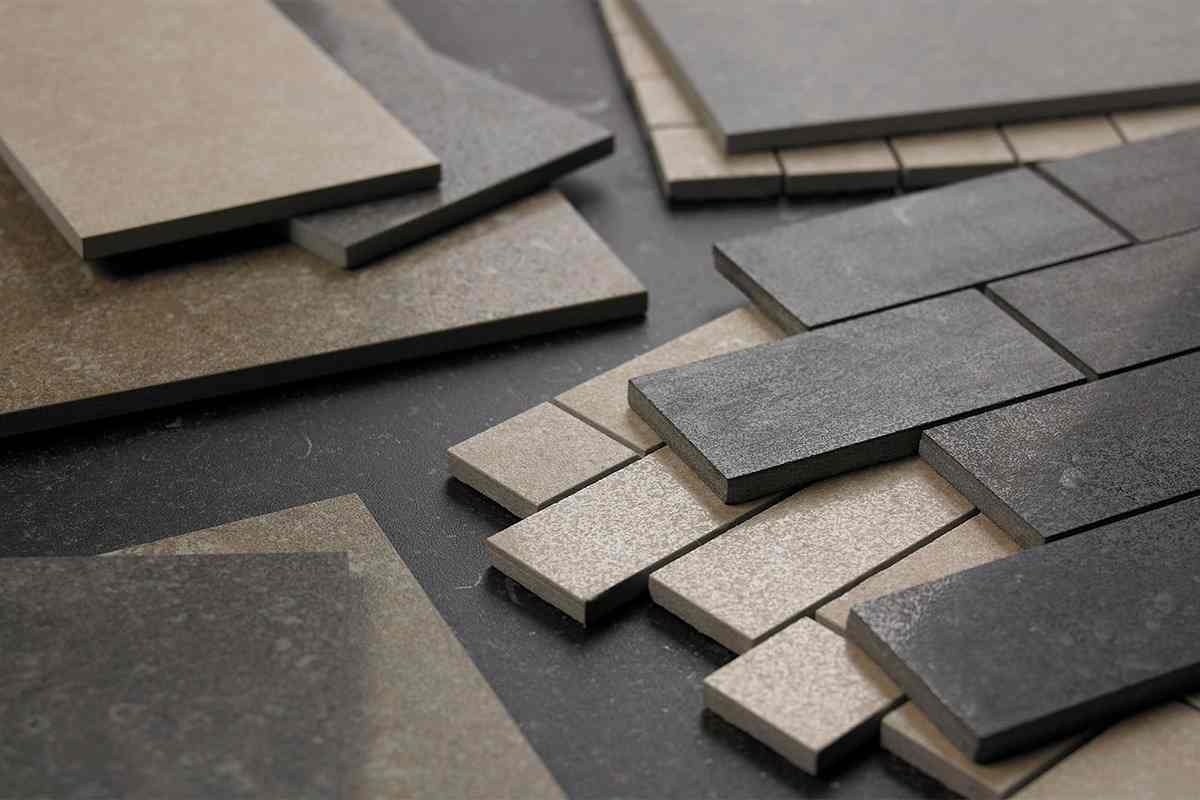
techniques and facilities located in the Philippines. All of these facilities and procedures are now operating in line with the quality standards specified in ISO 9001:2000 and PNS/ISO 13006. Mariwasa Siam Ceramics (MSC) was established thirty years later as the result of a partnership between Mariwasa Manufacturing, Inc. (MMI) and the substantial Thai conglomerate Siam Cement Group (SCG). The affiliation with one of Asia’s most well-known and ethical organizations has instilled in employees a fresh feeling of dedication as well as a sense of pride. In addition to manufacturing ceramic tiles, MSC also supplies its product lines with accessories for the bathroom and sanitary ware through the import of related goods. Product distribution is handled through the organization’s network of dealers, which has been strategically placed in various locations around the Philippines. In addition, finished goods are shipped out of the country and into international markets such as Thailand, Singapore, Korea, Saipan, Guam, Palau, Canada, and Africa. The MARIWASA tale is a never-ending monument to the inventiveness and craftsmanship of the Filipino people. Each MARIWASA. tile embodies the founders’ vision of what it means to be an excellent product, which is to be able to boldly place oneself among the finest goods in the world. Despite the fact that the components and characteristics of ceramic tile vary, it is possible to hear any type of tile referred to as “ceramic tile.” Along with a wide variety of minerals and water, clay is the most important component of pottery. After that, the composition is heated, which results in the production of the solidified product.

mariwasa ceramic tiles 60×60
Because ceramic materials are porous, the exposed top surface is often glazed in order to prevent moisture absorption. Ceramic tile has been in use for millennia, but developments in production technology in the last ten years have made feasible new design and application options that just weren’t imaginable in the past. There is a wide selection of tiling options accessible, all of which are distinct from one another in terms of the production processes, technical characteristics, and practical purposes they serve. Glazed tiles are an obvious choice for use on walls in areas such as bathrooms, kitchens, and laundry rooms. Glazed tiles are a beautiful. option for floor areas such as foyers and conservatories, but they should be avoided in areas that are likely to get wet, are located outside, or have a lot of foot traffic. Tiles that are unglazed and have a surface profile that is designed to reduce the risk of slipping are available for use in the tiling of floors in damp environments. These tiles are commonly used in commercial and residential installations. Because they are often resistant to wear, stains, and frost, they are ideal for use in bathrooms, playrooms, and garages in addition to laundry and utility rooms. tiles that are not only stunningly gorgeous but also exceptionally long-lasting and have a very low rate of water absorption overall.
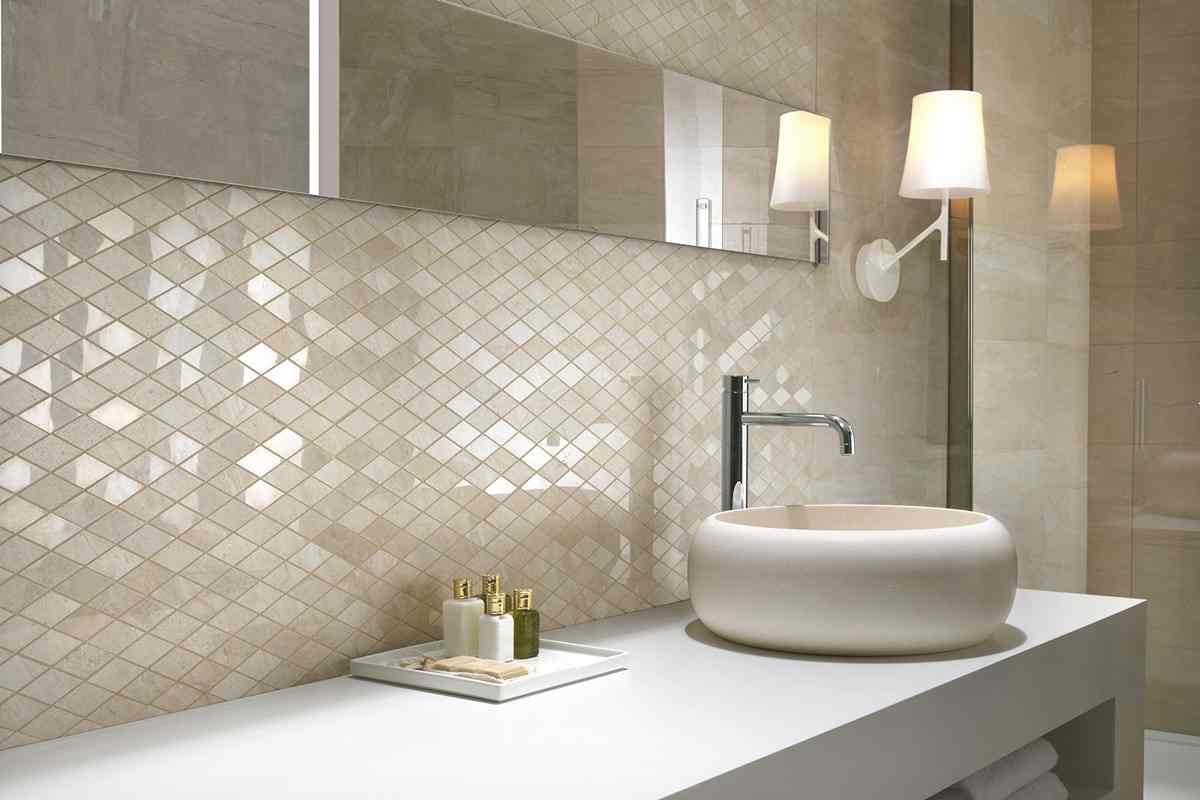
mariwasa ceramic tiles price list
If they have a low coefficient of friction, they are suitable for usage as wall or floor tiles both inside and outside. They are frequently glazed and have a high level of slip resistance most of the time. These tiles are appropriate for use in commercial as well as residential settings. Because they are manufactured with specialized clays and minerals and then heated in kilns at temperatures higher than 1300 degrees. Celsius, porcelain ceramic tiles are significantly more robust, dense, and long-lasting than other types of ceramic tiles. They frequently . offer good degrees of resistance to stains, scratches, and water, and they are frostproof as well. Extremely little water is absorbed, which eliminates the potential for normal stains and makes cleaning much easier and more expedient. Tiles made of porcelain perform admirably in high-footfall locations, and these tiles can be used in either indoor or outdoor settings. Because of their high level of functionality as well as their attractive appearance, porcelain tiles are one of the items that are specified and selected the most frequently for use on flooring and wall surfaces. They offer a diverse selection of sizes and colors to cater to the preferences of the vast majority of customers who have residential and business installations. Tiles made of porcelain are available in roughly three distinct kinds. The first kind of porcelain tile is glazed, which means that the glaze wraps all the way around the body of the tile. In most cases, if you look at the surface of the tile first and then flip it over, you will notice that the body of the tile is a different color than the color that is on the surface. If the body of the tile is a different color than the glaze, there is a good chance that it is a porcelain tile with a glaze. One other type of porcelain tile is known as color-core porcelain. In this particular instance, the tile’s body contributes significantly to the overall color of the tile. If you are able to see the body color on the face of the tile, then you are most likely looking at color-core porcelain. The third type of porcelain tile is known as through-color porcelain tile, and it has the same color going through its body from top to bottom. The advantage is that the color that is underneath shines through and blends in, which makes it less likely that you will notice if the surface is damaged.


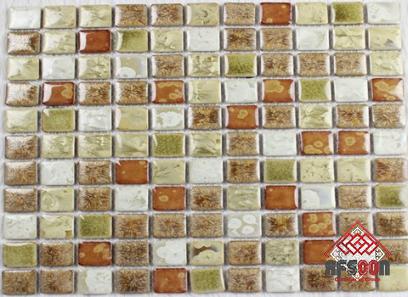
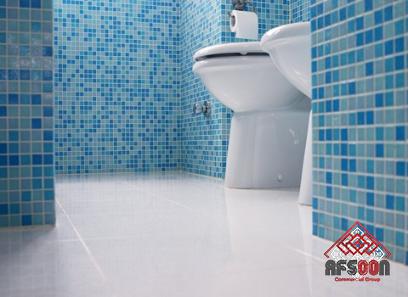
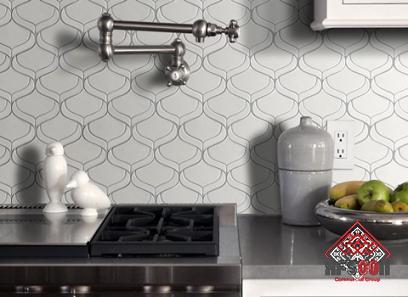
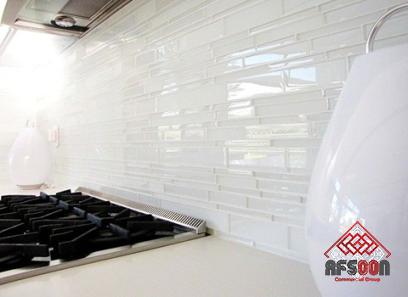
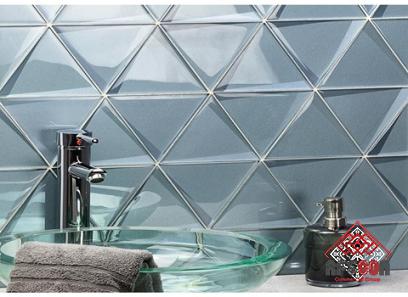
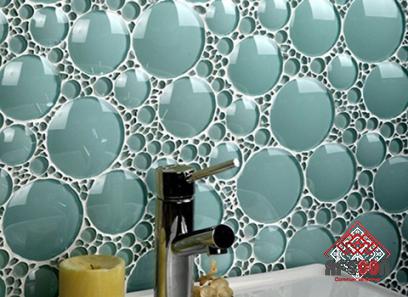
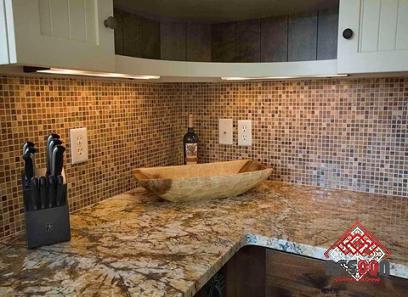
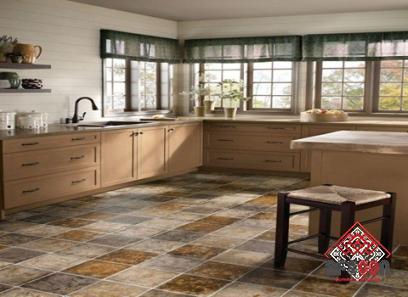
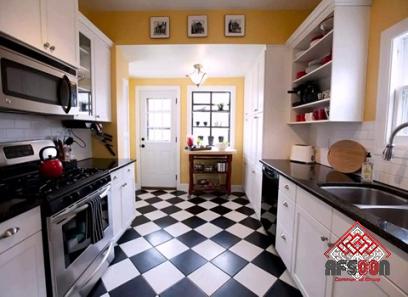
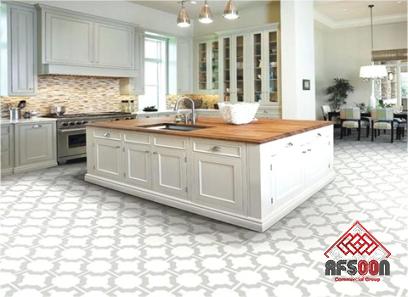
Your comment submitted.